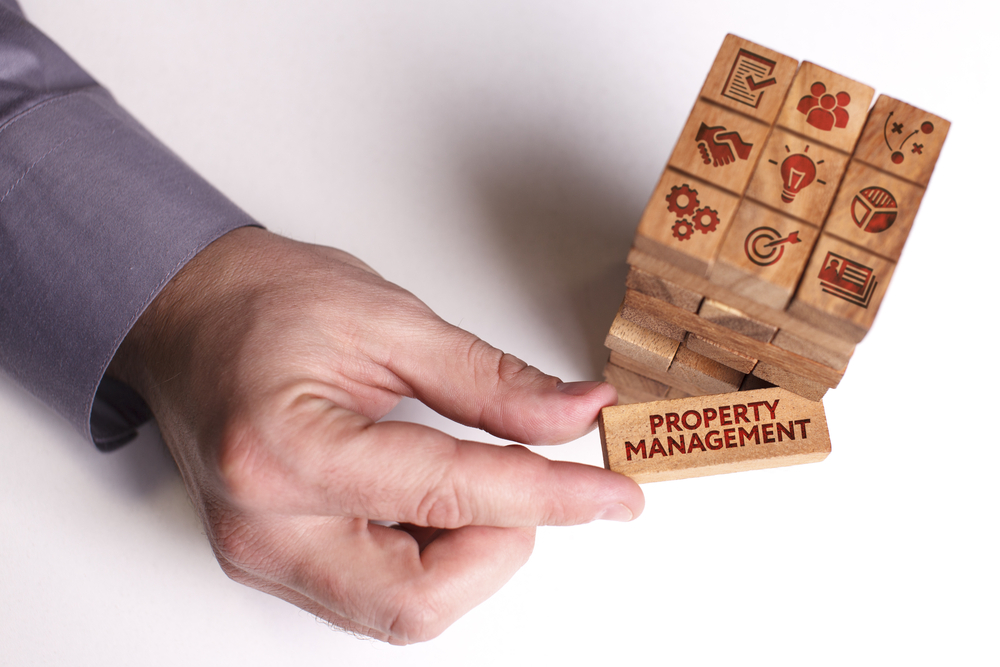How property management software has changed the rental market
Published on 21st March 2019 by Laura West

The private rented sector is renowned for being behind the times when it comes to the uptake of new technology, especially when compared to other industries. However, this has all changed with the introduction of property management software, which has revolutionised the way in which business is conducted.
Traditionally, property management consisted of completing vast quantities of paperwork, with physical documents such as invoices and contracts being sent and received, and finally filed away. This created a high risk that the paperwork could be misplaced or lost, and a vast amount of time and space was required to file these documents. While platforms and digital storage software solutions such as Dropbox helped alleviate these problems, these solutions were not specific to the housing sector.
Property management software was invented to specifically meet the needs of the industry, and unites all the moving parts of the managing process into one platform. This has enabled landlords and property managers to receive reminders via the solution concerning rent payments or deadlines such as tenant contract expiry dates. Software solutions can also inform contractors when property maintenance is due, such as boiler checks, with automated reminders sent directly, rather than manually informing any contractors.
Property management software reviews in the UK will direct you to the best software solution for your business. Property management software can also integrate seamlessly with the other platforms that you use in your business, such as software which allows landlords to sign documents and send them at a few clicks of a mouse, rather than manually printing the document, signing it, and then sending it.
There is also software available which provides digital tenant referencing, with automated checks on prospective tenants. This makes the process much simpler, straightforward and more professional. Technical integrations such as this have also saved landlords a vast amount of paperwork and time, thereby maximising efficiency.
Property management software has also vastly improved the communication between different parties. Not only does software serve landlords and property owners, allowing them to keep track of their finances, as well as provide them with reminders, but it also offers a useful method to communicate with contractors and tenants alike.
Tenants are able to contact property managers easily in order to report issues and problems, while property managers can update tenants with relevant information, all by using one software solution.
Previously, tenants, landlords and letting agents would rely on Whatsapp messages, emails or text message to communicate, with property managers also speaking over the phone with different stakeholders.
By using property management software, all aspects of managing property is stored automatically, with improved communication leading to good relationships between the various parties. This also increases the probability of longer term tenancies.
The traditional method of managing property using paper records contained in binders, with different accounts stored on different platforms is quickly being replaced by property management systems. This software has simplified the processes used in property management, and it is predicted that management software will continue to have high levels of uptake within the sector as the benefits and advantages become even more apparent.
Property Deck enables professionals across the industry to manage people, properties and processes – all in one place, totally free. Even being GDPR ready, as well as offering an impressive number of other features and benefits – what have you got to lose? It’s the CRM for Property Managers and Agents.
Sign up here today.

